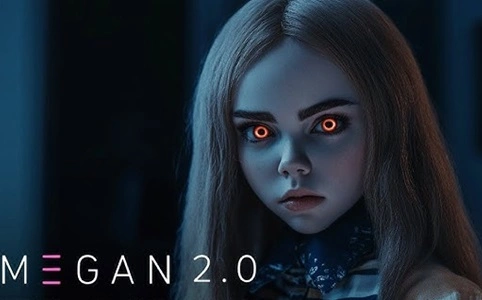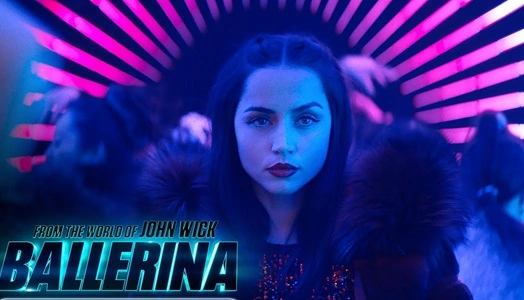The 2007 Spanish horror film [REC], directed by Jaume Balagueró and Paco Plaza, is widely regarded as one of the scariest found-footage films ever made. Shot in a documentary style, the movie follows a TV reporter and her cameraman as they get trapped inside a quarantined apartment building where a mysterious infection turns residents into violent, zombie-like creatures.
With its raw footage, claustrophobic tension, and eerily realistic performances, [REC] left many viewers asking: Is REC based on a true story?
The short and definitive answer is no—[REC] is not based on a true story. However, its terrifying realism stems from clever filmmaking techniques, influences from real-world fears, and storytelling grounded in plausible scenarios.
The Origins of [REC]

The idea behind [REC] was purely fictional, developed by co-directors Jaume Balagueró and Paco Plaza as a fresh take on the zombie and demonic possession subgenres. Unlike traditional horror films, [REC] uses the “found footage” technique—where the story is shown through the perspective of a handheld camera—to heighten the sense of realism and immersion. This stylistic choice led many to confuse the events of the movie with something that could’ve actually happened.
The film premiered at the Sitges Film Festival in 2007 and quickly gained critical acclaim for its originality, atmosphere, and intensity. It was so successful that it spawned several sequels and even a Hollywood remake in 2008 titled Quarantine.
What Makes It Feel Real?
Though not based on true events, [REC] cleverly blends realistic environments, improvisational acting, and limited exposition to create a sense of authenticity. The film is set almost entirely within a single apartment building in Barcelona, and the shaky handheld footage contributes to a documentary-like feel.
Additionally, the characters are portrayed by lesser-known actors, and the dialogue often feels unscripted—further blurring the line between fiction and reality. The panic, confusion, and chaos shown on screen mimic how real people might react in a crisis, adding to the psychological terror.
Real-World Inspirations
While the plot itself—featuring demonic possession combined with a viral outbreak—is fantastical, it touches on very real fears. The idea of quarantines, viral contagions, and government secrecy are themes that resonate, especially in a post-COVID world.
The directors have cited their desire to explore how society reacts to sudden chaos and the unknown. They were also inspired by classic horror themes such as exorcisms, plagues, and mass hysteria—all deeply rooted in human history and folklore.
Final Verdict
So, is [REC] based on a true story? No, the film is a work of fiction designed to feel terrifyingly real. Its success lies in how convincingly it mimics reality, using found-footage aesthetics, relatable fears, and minimal special effects to deliver maximum horror. While no real event inspired the plot, the emotional and psychological impact it delivers is undeniably authentic—and that’s what makes [REC] a modern horror masterpiece.



